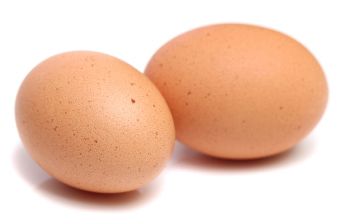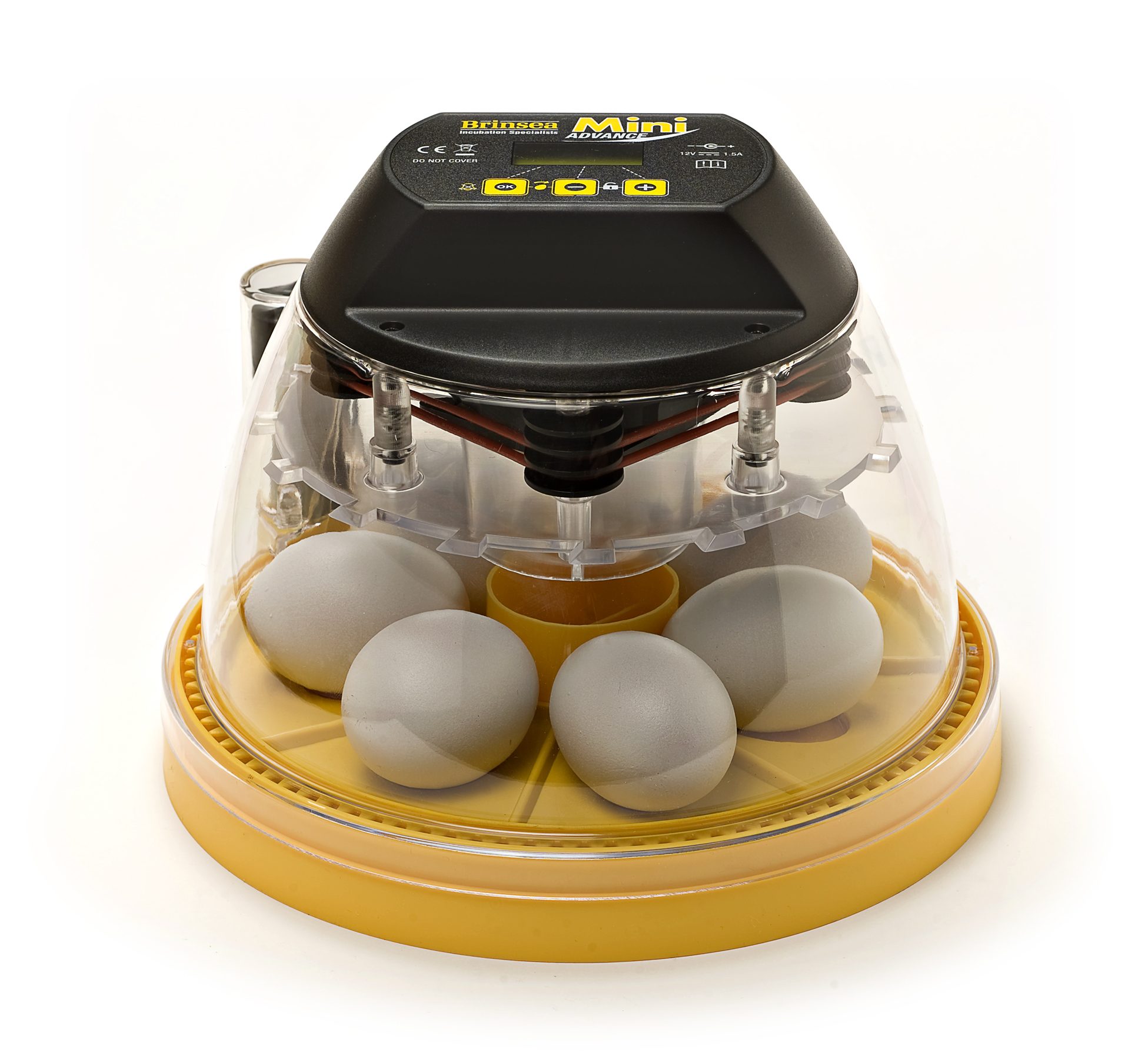Navigation
Install the app
How to install the app on iOS
Follow along with the video below to see how to install our site as a web app on your home screen.
Note: This feature may not be available in some browsers.
More options
You are using an out of date browser. It may not display this or other websites correctly.
You should upgrade or use an alternative browser.
You should upgrade or use an alternative browser.
Sponsored Post I'm incubating - what do I do if the power goes out?
- Thread starter JenniO11
- Start date
- Jan 29, 2016
- 22
- 30
- 94
Awesome! I didn't rig up a fan, but couldn't see letting any eggs go to waste- plus it's nice to have a back-up in case something happens to one of my other incubators.
Jealous Gypsy
Songster
Have you considered a hot water bottle and digital thermometer? It takes work to keep it at the right temp, but it does work. I live offgrid and used this for my chicks, worked great for them, but I never tried for incubating
Thank you for bringing this topic to forum.This post is sponsored by Brinsea
What if the power goes off!? Will my incubating eggs be damaged?
This is a question frequently asked by anxious breeders particularly in the summer, usually after a power outage caused by an unexpected thunderstorm.
Cooling is an entirely natural process as most birds will get off the nest at least once a day and leave the eggs unheated for a significant time. It is a surprising fact that although eggs must have very stable temperatures to incubate successfully, periodic cooling can be a good thing and far from harming the development of chicks, can actually lead to more successful hatching. For this reason Brinsea have now incorporated a cooling option in all of their Advance and EX models of egg incubators for 2012.
But controlled periodic cooling for an hour or so every day is very different from an unexpected loss of power for much longer periods of time. The measures to remedy the situation and limit damage to the embryos will depend on the age of the embryo, the temperature range it is exposed to and the duration of that exposure.
The five Incubation Temperature Zones:
Research carried out by a number of scientists over many years identified five temperature zones each of which is characterized by its major effect on the
developing embryo. These zones are not clear cut. There is some overlapping.
Zone of heat injury
Zone of hatching potential
Zone of disproportionate
development
Zone of suspended
development
Zone of cold injury

Zone of heat injury (above 40.5°C/104.9°F)
At continuous temperatures above 40.5°C (104.9°F) no embryos would be expected to hatch. However the effect of short periods of high temperature is not necessarily lethal. Embryos up to 6 days are particularly susceptible, older embryos are more tolerant.
Zone of hatching potential (35 - 40.5°C/104.9 - 84.5°F)
Within this range there is the possibility of eggs hatching. The optimum (for hens) is 37.8 °C (100.4°F). Above this temperature hatches will be reduced and the number of unhealthy and deformed chicks will increase.
Continuous temperatures within this range but below the optimum slow development and increase mortalities. However it is again evident that early embryos are more susceptible to continuous slightly low temperatures than older embryos.
Zone of disproportionate development (27 - 35°C/80.6 - 95°F)
Eggs kept above 27°C (80.6°F) will start to develop but some parts of the embryo will develop faster than others and some organs may not develop at all. Below 35°C (95°F) no embryo is likely to survive to hatch. Typically the heart is much enlarged and the head development more advanced than the trunk and limbs.
The temperature at the lower end of this range is sometimes referred to as ‘Physiological zero’ - the threshold temperature for embryonic development. Unfortunately different organs appear to have different thresholds resulting in an unviable embryo.
Zone of suspended development (-2°C - 27°C/28.4 - 80.6°F)
Below about 27°C (80°F) no embryonic development takes place. Prior to incubation, eggs must be stored in this temperature range (preferably around 15°C/59°F).
Zone of cold injury ( -2°C/28.4°F)
Below this threshold ice crystals will start to form in the egg and permanently damage may be done to internal structures. Eggs may lie for some considerable time in temperatures close to freezing without suffering damage.
So in practice what should I do?
Remember that incubator thermometer readings will not be the same as embryo temperatures when cooling or heating occurs. The eggs will lag behind the air temperature. For example, cooling hen eggs by taking them out of the incubator into a room at 20°C/68°F for 30-40 minutes is likely to cool the internal egg temperature by only 3 - 5°C (7 - 10°F). Eggs smaller or larger than hens eggs will react quicker or slower accordingly.
- If the eggs are newly set the best plan is to cool them fairly quickly down to 5 - 20°C (44 - 68°F) and hold them in this range - put them in the fridge!
- Avoid maintaining eggs in early stages of incubation for long periods of time in the ‘zone of disproportionate development’ (27 - 35°C/80.6 - 95°F). This will result in a large number of deaths and abnormalities.
- If power loss occurs when the eggs are near hatching, incubator temperature is less critical, but severe chilling will cause mortalities. It is preferable therefore to limit heat loss by keeping the incubator shut and raising the temperature of the room if possible. The metabolic heat from the embryos will keep them warm for quite a long time.
- Avoid subjecting the eggs to over-temperature at any time but particularly in the early days of incubation.
For more information on the benefits of periodic cooling and the effects of prolongued cooling on incubating eggs, you can refer to the Incubation topics Periodic cooling in incubation and What if the power goes off on www.Brinsea.com
We’d also recommend you take a look at the Incubating and Hatching eggs threads on the Forum and join Brinsea on Facebook.
Happy Hatching!
For short periods of power outage, we use these. We've gone 13 hours w/o spark on one occasion on a non stormy late night. When the device is auto activated, it omits a tone/beep- periodically letting us know our bators are toasty and safe..
I used jump starter battery packs with inverters. It was on a winter early morning. I don't know how long the power was out. The incubators were down to 78ºF, I put the battery packs with inverters on some styrofoam incubators. To my surprise, I still had a very good hatch.
Attachments
I have 2 boat batteries with inverters
We have a compressor from Harbor Freight.
New posts New threads Active threads
-
Latest posts
-
-
-
-
Open Contest Cutest Couples Photo Contest—"Other Critter" Edition
- Latest: oldhenlikesdogs
-
Latest threads
-
-
-
-
-
Question of the Day - Wednesday, January 28th, 2026
- Started by casportpony
- Replies: 7
-
-
Threads with more replies in the last 15 days
-
-
-
BYC's 52-week Photography Challenge. Week 4: (Jan 26 - Feb 1, 2026). Theme: Books!
- Started by thecatumbrella
- Replies: 47
-
-
BYC's 52-week Photography Challenge. Week 3: (Jan 19-25, 2026). Theme: Hot, Hot, Hot!
- Started by Blue Raptor
- Replies: 45
-
×









